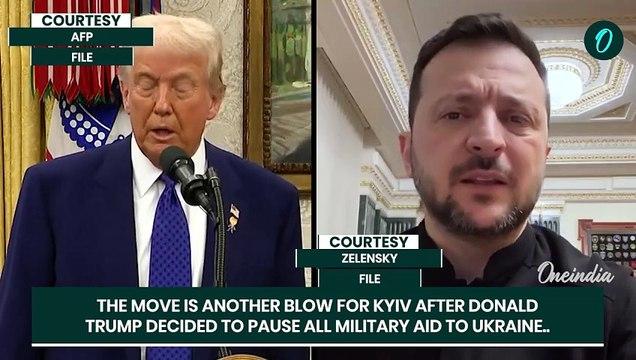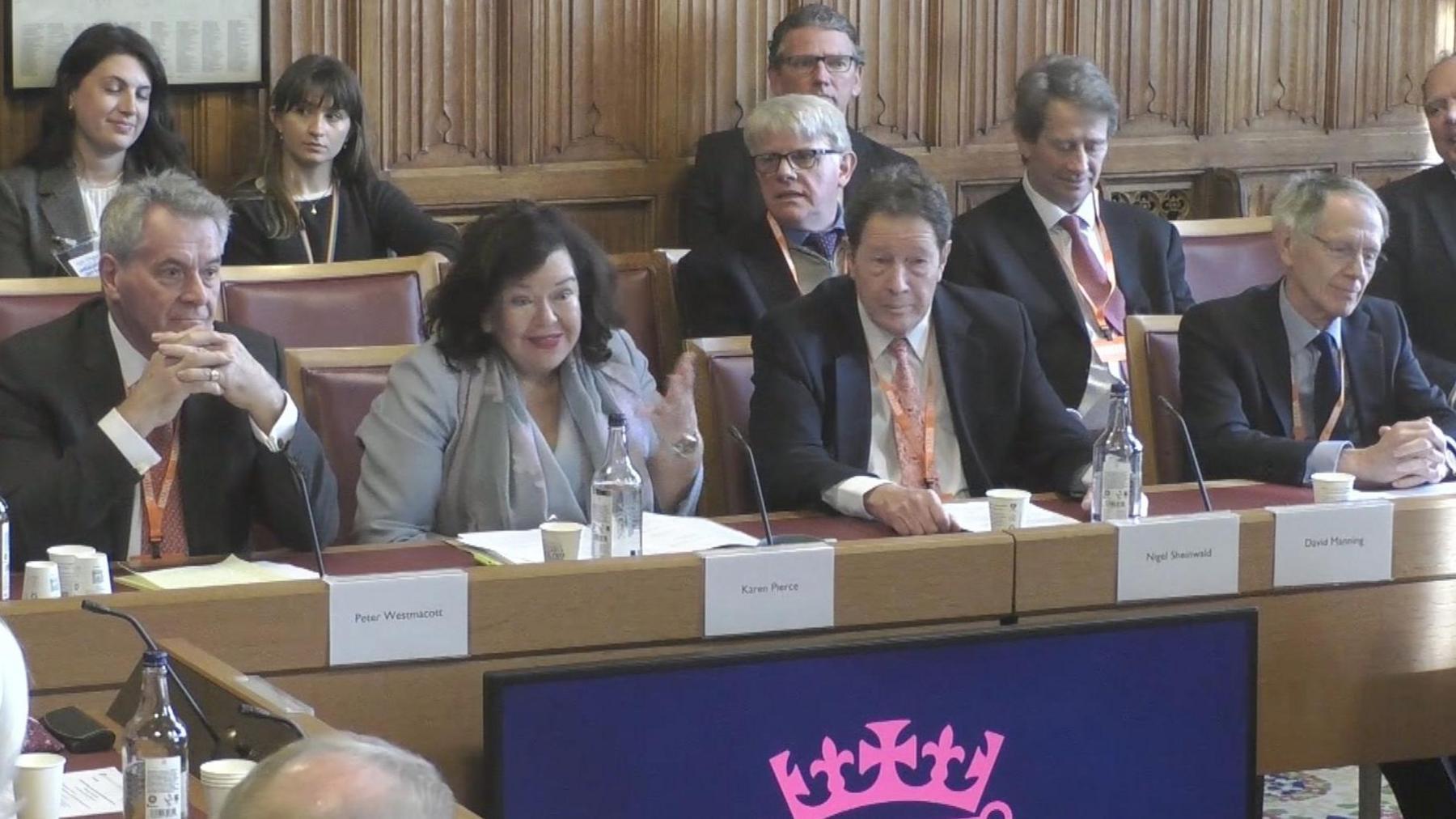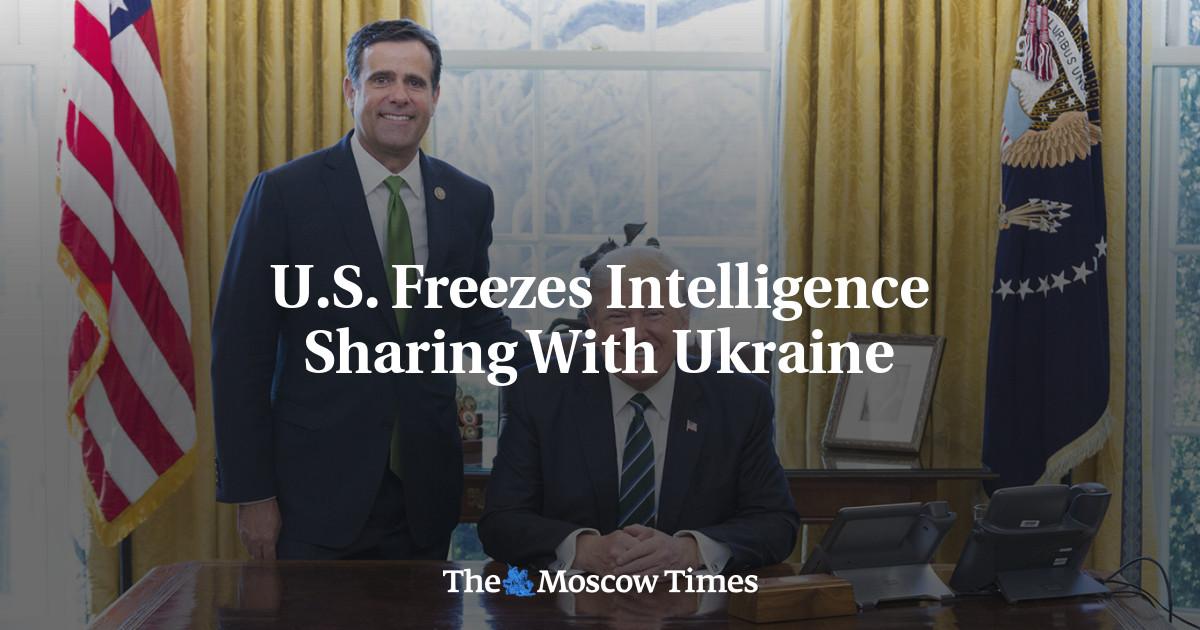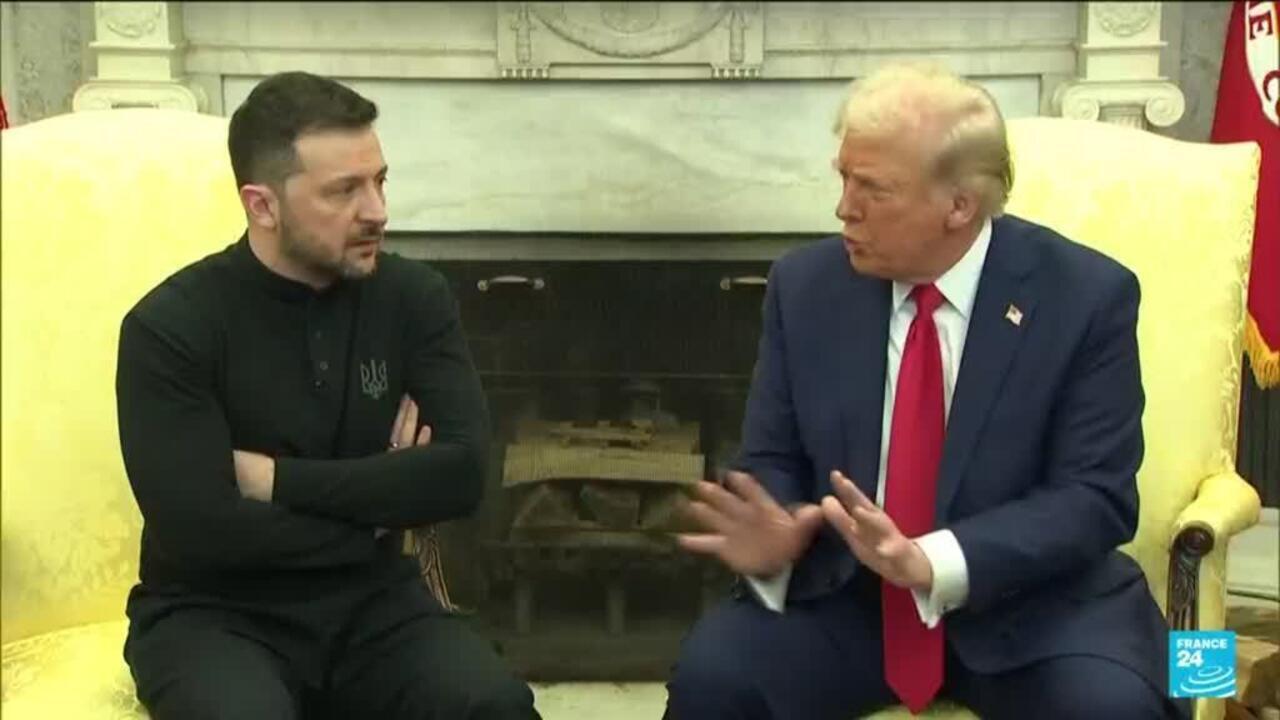US Suspends Intelligence Sharing with Ukraine Amid Security concerns
In a significant move that has raised eyebrows among international observers, the United States has decided to halt its intelligence-sharing operations with Ukraine. The decision reportedly stems from escalating security concerns that have emerged in the region. Officials have cited several key factors influencing this pause, including:
- Increased risks of intelligence exposure – With ongoing military actions, there are fears that shared intel could fall into the wrong hands.
- Operational challenges – As the conflict evolves,the rapidly changing dynamics may complicate effective intelligence collaboration.
- Political pressure – Internal and external pressures may have necessitated a reassessment of the intelligence-sharing framework.
This decision reflects a broader reconsideration of military cooperation in the face of complex geopolitical shifts. As the United States navigates its relationship with Ukraine while addressing concerns about security and operational efficacy, the implications of this suspension could resonate beyond immediate military strategies, potentially affecting diplomatic dialogues as well. Observers are eager to see how this pause will influence both Ukraine’s defense capabilities and the overall stability in the region.

Implications of the Pause on Ukraine’s Military Strategy and operations
The recent decision to halt intelligence sharing with Ukraine marks a critical juncture in the ongoing conflict, posing significant challenges to the nation’s military strategy. Without the latest insights and data from U.S. intelligence, Ukrainian forces may struggle to maintain their operational tempo against Russian advancements. This pause could lead to several tactical repercussions, including:
- Increased Vulnerability: Ukrainian troops may face heightened risks, as they could lack crucial details on enemy movements and strategies.
- Operational Delays: Plans relying on precise intelligence may experience setbacks, limiting Ukraine’s capacity to execute timely counter-offensives.
- Resource Allocation Challenges: Without accurate assessments, the Ukrainian military could misallocate resources, impacting the efficiency of their operations.
Moreover, the strategic implications of this intelligence pause extend beyond immediate battlefield concerns. The need for Ukraine to adapt to a new operational environment could accelerate the growth of autonomous intelligence capabilities. This pivot may include:
- Strengthening Domestic Intelligence: Ukraine may focus on enhancing its internal intelligence framework to compensate for reduced foreign support.
- Increased Collaboration with Allies: Strengthening ties with NATO partners for bilateral intelligence sharing may become paramount.
- Enhancing Innovative Technologies: This situation might prompt Ukraine to invest in advanced surveillance technologies to gain strategic advantages independently.

Expert Opinions on Reinforcing Intelligence Cooperation with Allies
The recent pause in intelligence sharing between the U.S. and Ukraine has sparked a vital discussion among defense analysts and policymakers regarding the importance of strengthening intelligence cooperation among allies. Experts emphasize that robust intelligence ties are essential for informed decision-making and effective interventions in complex geopolitical landscapes. With escalating threats from aggressive state actors, many believe that bolstering these partnerships could enhance collective security. They propose that improved cooperation should focus on:
- Streamlined information exchange: Establishing protocols that allow for real-time sharing of critical intelligence.
- Joint training initiatives: Engaging in collaborative exercises to better understand each ally’s capabilities and limitations.
- Enhanced technological integration: Investing in systems that facilitate interoperability among nations’ intelligence platforms.
Moreover, analysts argue that the current geopolitical climate necessitates a reevaluation of existing frameworks to prevent any future lapses in cooperation. They suggest the formation of a dedicated task force to specifically address the barriers to intelligence sharing among allies. This task force could focus on:
- Cultural sensitivity: Recognizing and respecting the varied political contexts and operational thresholds of each ally.
- Clear interaction channels: Ensuring consistent dialogue between intelligence agencies to foster trust and collaboration.
- Shared strategic objectives: Aligning national interests to promote unified action against common threats.

Strategies for Ukraine to Adapt and Mitigate Risks During the Lull
amidst the recent pause in intelligence sharing from the U.S., Ukraine faces a critical period that requires strategic foresight and resilience. To effectively navigate this lull, Ukraine must strengthen its national defense capabilities independently. This can include enhancing local military production, which would not only reduce reliance on external sources but also create local jobs and stimulate the economy. Additionally,Ukraine should focus on forging new alliances with other nations,especially those that share similar security concerns,thereby broadening its strategic partnerships and ensuring a robust support network.
Moreover, Ukraine must turn its attention to comprehensive risk mitigation strategies, concentrating on both military and civilian sectors. A few key approaches include:
- Enhancing Cybersecurity: As digital warfare intensifies, bolstering cybersecurity measures will be vital for protecting critical infrastructure and sensitive information.
- Community Engagement: Strengthening ties between the government and civilian populations thru outreach programs will foster resilience and unity, essential for maintaining morale during challenging times.
- Economic Diversification: Reducing dependency on specific industries will help build a more resilient economy capable of weathering external pressures.
By implementing these strategies, Ukraine can better prepare for any potential escalation, ensuring that the nation remains steadfast despite fluctuating levels of external support.
